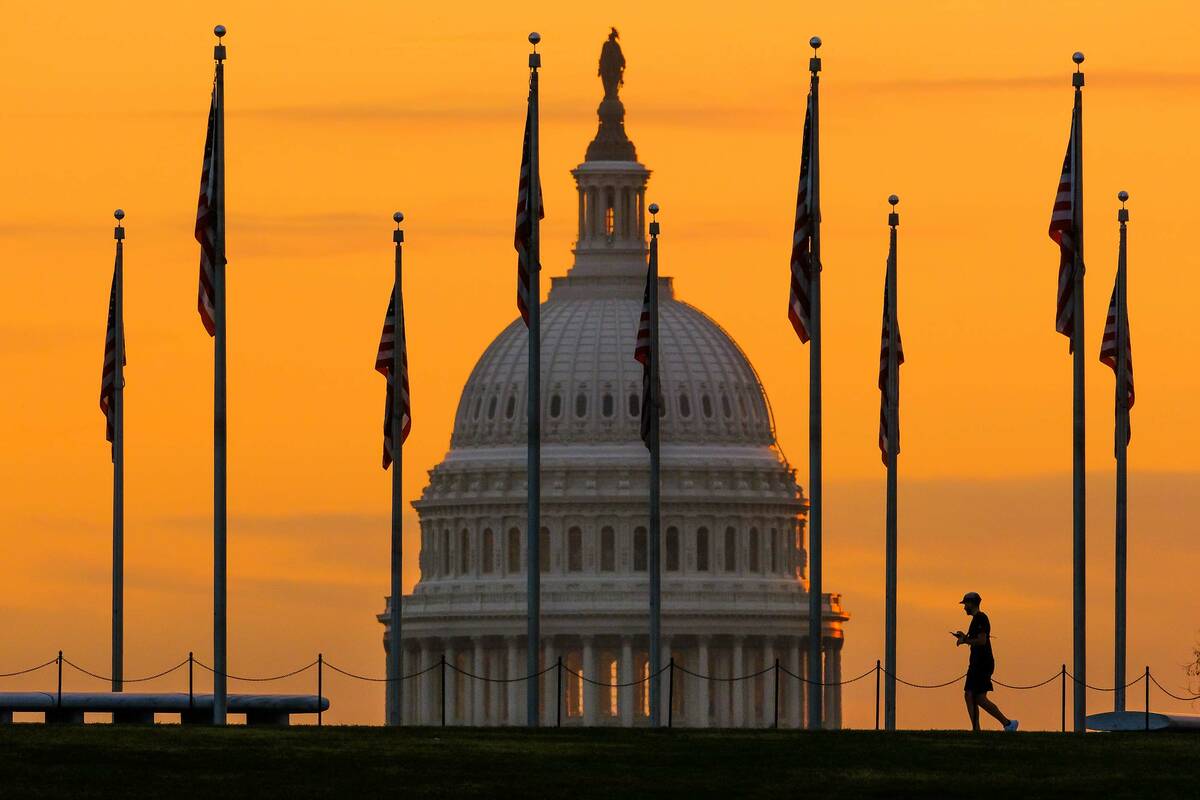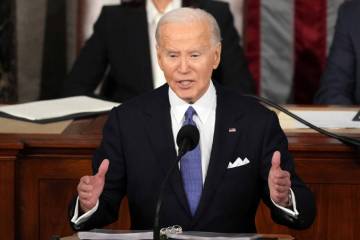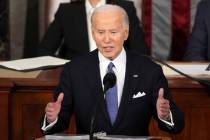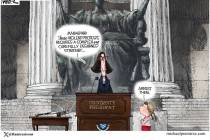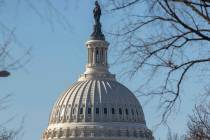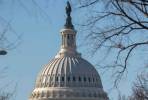COMMENTARY: Restoring fiscal sanity
Our nation has experienced debt fatigue, allowing debt to increase more rapidly than our national income. Total federal debt is now more than 120 percent of national income, a record and increasing rapidly. When unfunded social insurance obligations are included, the total rises to about 450 percent of GDP, growing faster than the economy.
The accumulation of debt and unfunded obligations associated with federal social insurance programs exposes the country to an increasing risk of a fiscal crisis and threatens the long-term viability of Social Security and Medicare. As the “trust funds” associated with Social Security and Medicare become exhausted, future generations face the possibility of paying higher taxes and receiving fewer benefits.
In contrast to the federal government, state and local governments have been more successful in maintaining sustainable debt levels. State and local debt today is equal to 13 percent of national income, about the same level as three decades ago. Clearly state and local governments have had much greater success than the federal government in constraining their debt to sustainable levels.
A good example is Nevada, which is a fiscally responsible state. It has stabilized state and local debt as a share of state income at 13.3 percent, about the same as the average for all states.
The Nevada Constitution and statutes limit the state’s ability to incur debt. The debt limit is 2 percent of assessed valuation; general obligation debt is paid for with dedicated property tax revenues rather than the general fund.
The state constitution and statutes impose strict limits on fiscal policy. The governor must submit a balanced budget. The Legislature must pass a balanced budget and may not carry over deficits from one fiscal year to the next.
In 1979, Nevada enacted a statutory tax and spending limit. The governor cannot propose general fund spending that exceeds 1975-77 spending adjusted for inflation and population growth. A majority vote of the Legislature can exceed that limit. A two-thirds vote of the Legislature is required to pass a tax or revenue increase. The Legislature also created a rainy-day fund capped at 20 percent of appropriations from the general fund. The governor has veto authority that can only be overridden with a two-thirds vote of the Legislature.
Nonetheless, over the years Nevada citizens have enacted stringent constitutional and statutory rules imposing effective constraints on fiscal decisions. With this combination of fiscal rules, Nevada state and most local governments have balanced their budgets and stabilized debt at sustainable levels.
There are lessons that the federal government can learn from the experience with fiscal rules in Nevada and other states. Incorporating fiscal rules in the Constitution can prevent legislators from behaving in a fiscally irresponsible manner. Citizens then have recourse through the legal system to enforce the constitutional fiscal rules.
Nevada legislators and citizens have the power under Article V of the U.S. Constitution to address federal fiscal irresponsibility as well. Two-thirds of the states (34 states) can call a convention of states to propose fiscal restraints on the federal government. Any resulting amendment must be submitted for ratification by three-quarters of the states (38 states), preferably by a vote of the people, as was the case with the 21st Amendment.
Nevada submitted a plenary application for an Article V Convention in 1979. Nevada reaffirmed its support for a convention of states under Article V to propose a fiscal responsibility amendment by submitting a new application in 1988. Recent research discovered that more than the required number of states called for such a convention of states in 1979, and yet Congress has failed to act.
Legislation introduced in Congress this year (H.C.R. 24) would require Congress to fulfill its obligation under Article V of the Constitution to certify and count state resolutions and call the convention. Private nonprofit organizations are working with state legislators in Nevada and other states in an appeal to the Supreme Court for a declaratory judgment that would require Congress to record and count the applications. Nevada and other states must now step up and demand that Congress set the time and place for such a convention as required under Article V.
Barry W. Poulson is on the board of directors of the Federal Fiscal Sustainability Foundation. David M. Walker is the immediate former comptroller general of the United States.



